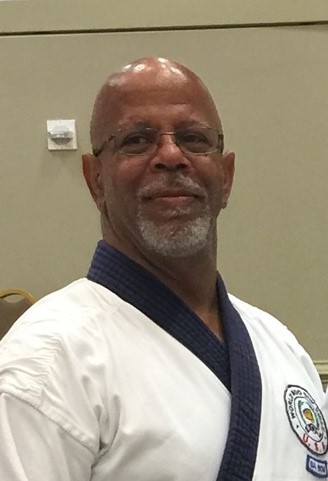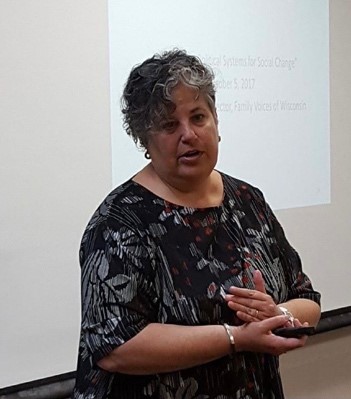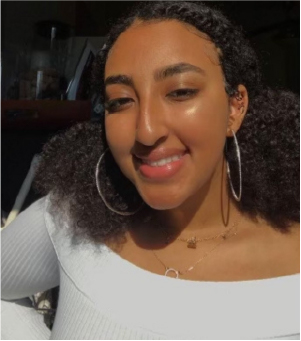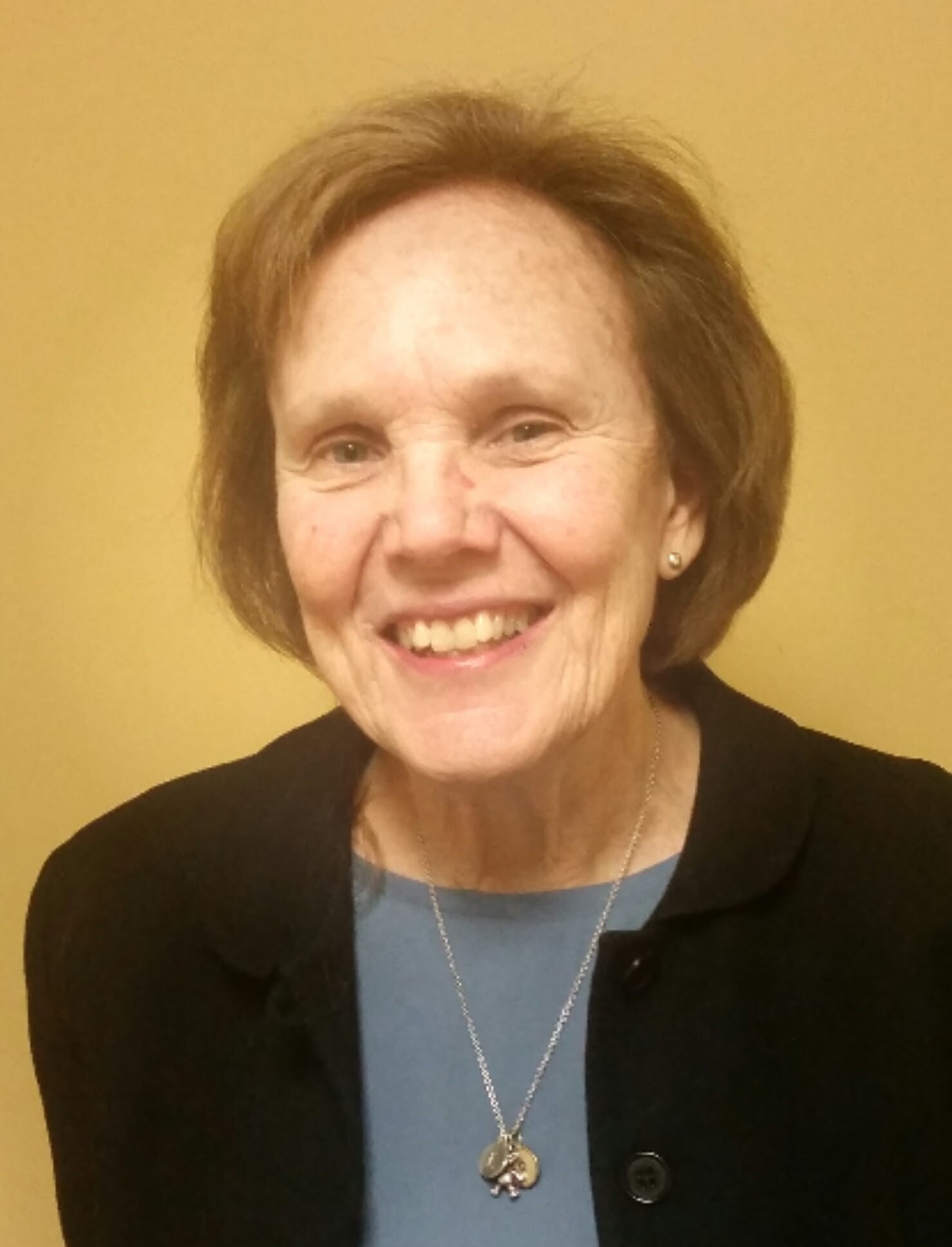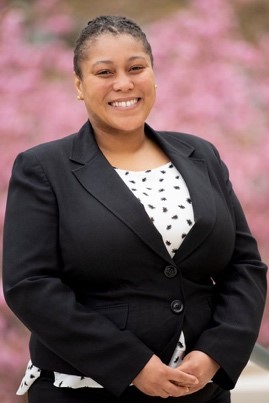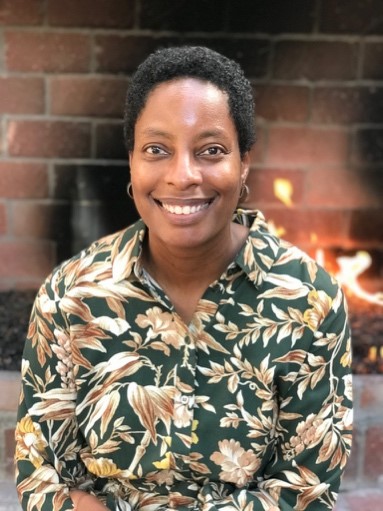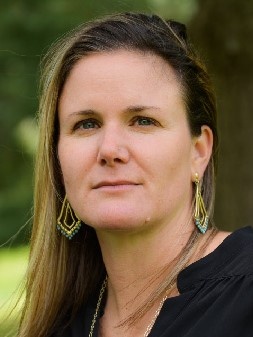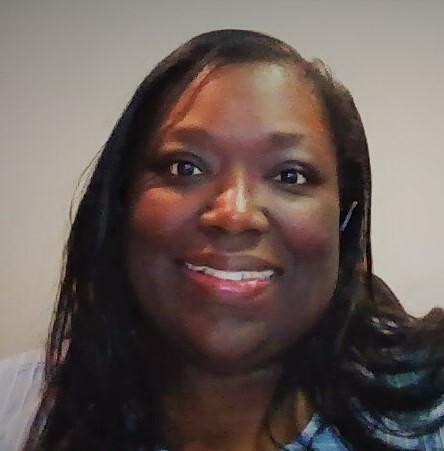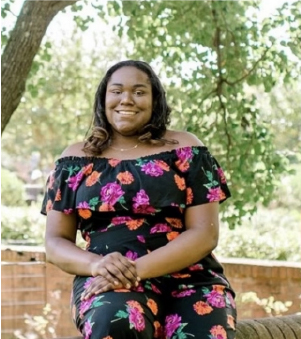From the Agencies:
From the Department of Education: FERPA and school security
On February 5, the Department of Education’s Privacy Technical Assistance Center (PTAC) released a publication, School Resource Officers, School Law Enforcement Units, and the Family Educational Rights and Privacy Act (FERPA), which provides answers to frequently asked questions about the application of FERPA in situations related to school security. The Federal Commission on School Safety had recommended that such a resource be developed to clarify the frequently misunderstood parts of FERPA.
From the Substance Abuse and Mental Health Services Administration (SAMHSA): TIP 61: Behavioral Health Services for American Indians and Alaska Natives (publication)
Part 1 provides behavioral health professionals with practical guidance about Native American history, historical trauma, and critical cultural perspectives in their work with American Indian and Alaska Native clients. The TIP discusses the demographics, social challenges, and behavioral health concerns of Native Americans. It highlights the importance of providers’ cultural awareness, cultural competence, and culture-specific knowledge. Part 2 is intended for administrators, program managers, and clinical and other supervisors to help foster a culturally responsive environment for American Indian and Alaska Native clients. Part 3 provides a literature review.
From the Centers for Medicare and Medicaid Services (CMS):
Updated FFY 2017 Child and Adult Core Set Data Products (02/15/2019)
This release updates the FFY 2017 data and resources that were posted on Medicaid.gov in September 2018 and includes additional data reported by states during a one-time extension period for reporting Core Set measures included in the Medicaid and CHIP Scorecard.
From Partner Organizations:
AARP: New Palliative Care Guidelines
In a new Thinking Policy blog post, by the AARP Public Policy Institute’s Lynn Friss Feinberg discusses the new edition of the Clinical Practice Guidelines for Quality Palliative Care, and how it promotes consideration of the family caregivers.
Association of University Centers on Disabilities: Culture and Diversity with Tawara Goode
Liz Weinbraub (from the AUCD’s Tuesdays with Liz) interviews Tawara Goode, director of the Georgetown University Center of Excellence on Developmental Disabilities (UCEDD), about what culture and diversity mean, how culture influences perceptions and beliefs about disability, and cultural considerations in health care.
Lucile Packard Foundation for Children’s Health: A New Approach to Assessing Family Engagement in Health Care Systems
Time ran out the January 23 webinar on family engagement in healthcare-systems change, so many audience questions were left unanswered by the speakers. See the answers to the questions and view the original issue brief, and the recording and presentation slides.
Parents Place of Maryland: Medicare for Young People with Disabilities
(fact sheet)


